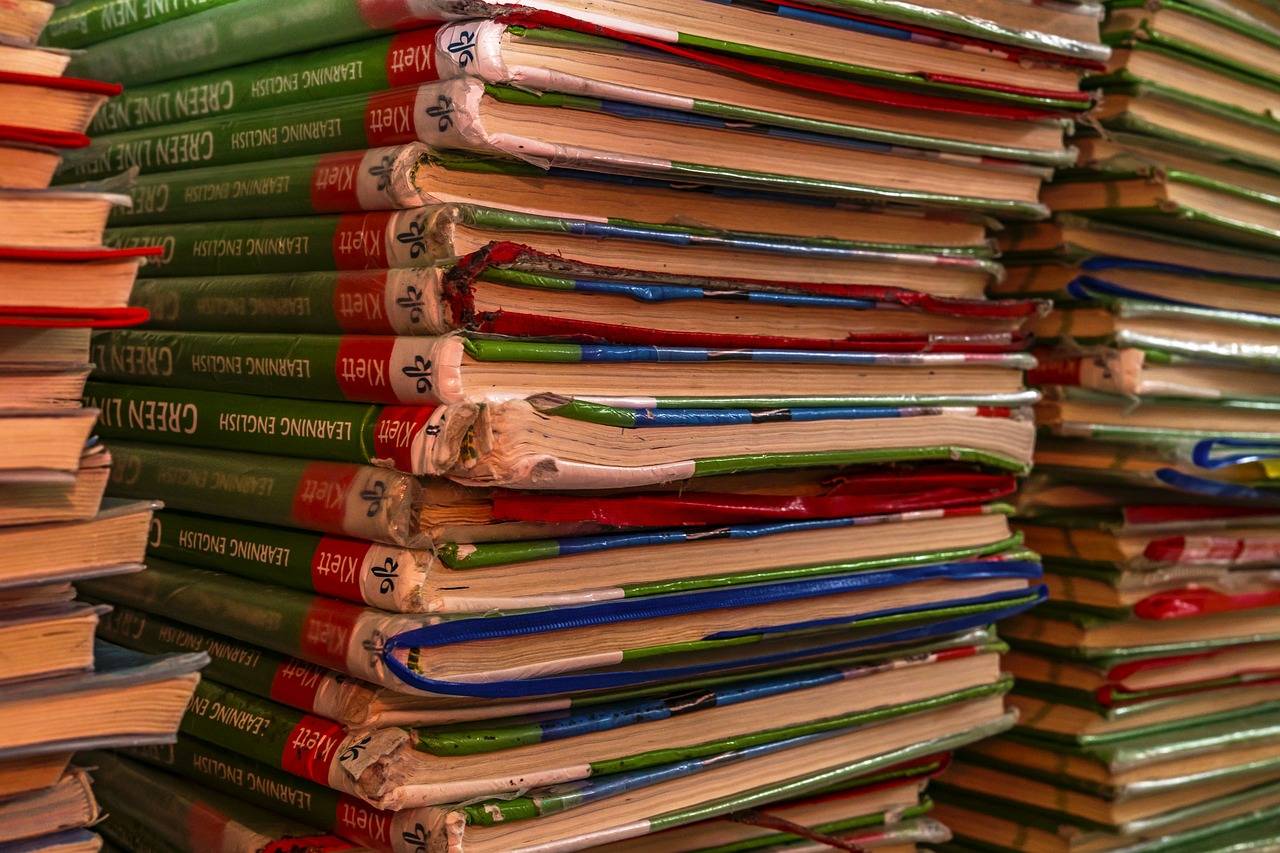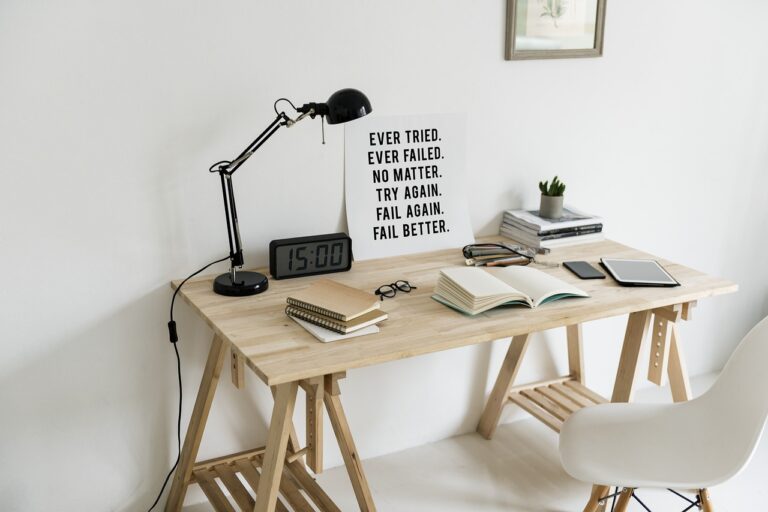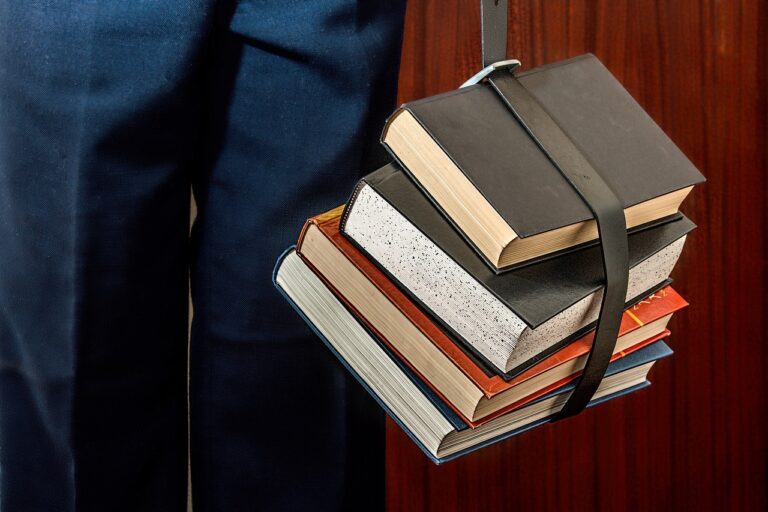Revolutionizing Assessment Methods: Beyond Standardized Testing: Betbook250 com login, Reddyanna247, Play lotus365.com login
betbook250 com login, reddyanna247, play lotus365.com login: As educators and policymakers look for ways to improve the assessment methods used in schools, there is a growing consensus that we need to move beyond standardized testing. While these tests have been the norm for decades, they have come under fire for various reasons, including their limited scope, lack of relevance to real-world skills, and potential to contribute to inequities in education.
It’s time to revolutionize how we assess students’ learning and progress. By incorporating a more diverse and holistic approach to assessment, we can better understand students’ strengths and areas for growth, provide more meaningful feedback, and ultimately, help them succeed in the 21st-century world.
The following are some key strategies for moving beyond standardized testing and revolutionizing assessment methods in education.
1. Project-Based Learning
Project-based learning allows students to demonstrate their knowledge and skills through hands-on projects and real-world scenarios. By working on projects that require critical thinking, creativity, collaboration, and problem-solving, students can showcase their abilities in a more authentic way than a traditional test.
2. Portfolios
Portfolios enable students to compile a collection of their work over time, showcasing their progress and growth. By curating a portfolio that includes essays, projects, artwork, and other artifacts, students can reflect on their learning journey and provide evidence of their skills and achievements.
3. Performance Assessments
Performance assessments assess students’ abilities to perform tasks or demonstrate skills in a real-world context. These assessments can include presentations, debates, simulations, and other performance-based tasks that require students to apply their knowledge in practical ways.
4. Formative Assessments
Formative assessments provide ongoing feedback to students throughout the learning process. By assessing students’ understanding and progress on a regular basis, teachers can adjust their instruction to better meet students’ needs and help them succeed.
5. Authentic Assessments
Authentic assessments measure students’ abilities to apply their knowledge and skills in authentic, real-world contexts. These assessments can include tasks that mirror the challenges students will face in their future careers, such as designing a solution to a real-world problem or conducting a scientific investigation.
6. Peer Assessment
Peer assessment involves students in evaluating and providing feedback on their peers’ work. By engaging in peer assessment, students can develop their critical thinking skills, communication skills, and ability to provide constructive feedback to others.
In conclusion, the revolutionizing of assessment methods in education is essential to better prepare students for the challenges of the 21st century. By moving beyond standardized testing and incorporating a more diverse and holistic approach to assessment, we can create a more equitable, meaningful, and relevant educational experience for all students.
FAQs
Q: How can educators ensure that alternative assessment methods are fair and reliable?
A: Educators can ensure the fairness and reliability of alternative assessment methods by establishing clear criteria for assessment, providing students with clear expectations and guidelines, and ensuring that assessments are aligned with learning objectives.
Q: How can parents and policymakers support the shift towards alternative assessment methods?
A: Parents and policymakers can support the shift towards alternative assessment methods by advocating for policies that promote diverse and holistic assessment practices, supporting professional development opportunities for educators, and engaging in discussions about the importance of assessing students in meaningful and authentic ways.







